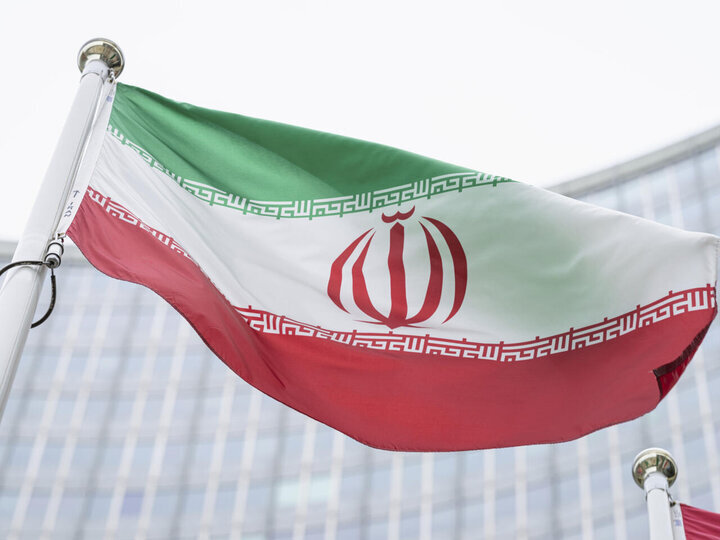
Similar Posts
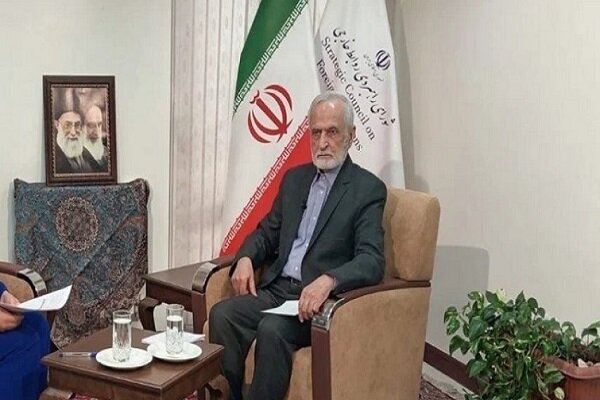
Iran Signals Willingness for Indirect Talks While Dismissing US Strategy
Recent discussions on U.S.-Iran relations have highlighted psychological warfare, with former Iranian Foreign Minister Kamal Kharazi criticizing the U.S. for creating confusion through mixed messages. He argues this approach fosters a misleading policy of ‘either war or negotiation.’ Kharazi remains skeptical of American intentions, viewing recent overtures as coercive rather than sincere attempts to improve relations, particularly following Trump’s withdrawal from the 2015 nuclear deal. He emphasizes that Iranians will not yield to intimidation but may consider indirect negotiations. Ayatollah Khamenei has ruled out direct talks under pressure, underscoring the need for trust and honest dialogue in future interactions.
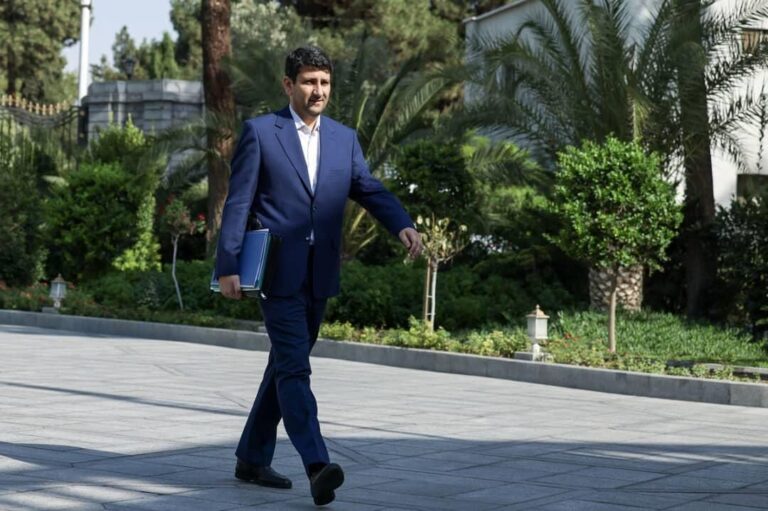
ICT Minister Embarks on Key Diplomatic Mission to Serbia
Iran’s Minister of Information and Communication Technology, Seyed Sattar Hashemi, is visiting Belgrade, Serbia, the first trip by a senior Iranian ICT official to Europe in a decade. Invited by Serbia’s Minister Dejan Ristic, Hashemi aims to strengthen bilateral cooperation in new communication technologies and artificial intelligence. Key meetings will focus on signing a joint cooperation agreement that includes developing AI projects, enhancing cloud infrastructure, and exchanging technical expertise. The visit will also explore Serbia’s advancements as a technological hub in the Balkans, signaling a commitment to improving Iranian-European ICT relations and attracting foreign investment.
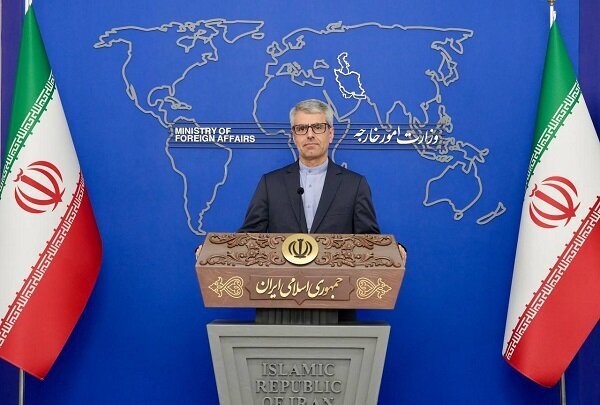
Iran Dismisses G7’s ‘Unfounded’ Allegations: Tehran Stands Firm Against International Criticism
Iranian Foreign Ministry Spokesperson Esmail Baghaei criticized the G7 foreign ministers’ claims about Iran as baseless and deceitful, asserting they misrepresent the country’s role in the region. He condemned the G7 for their military and political support for Israel, which he described as genocidal, and accused them of complicity in violations of human rights in Palestine. Baghaei defended Iran’s nuclear activities as aligned with international rights under the Non-Proliferation Treaty and emphasized Iran’s commitment to a nuclear-free Middle East. He rejected claims of Iran’s involvement in the Ukraine conflict and urged the G7 to reassess their policies instead of shifting blame.
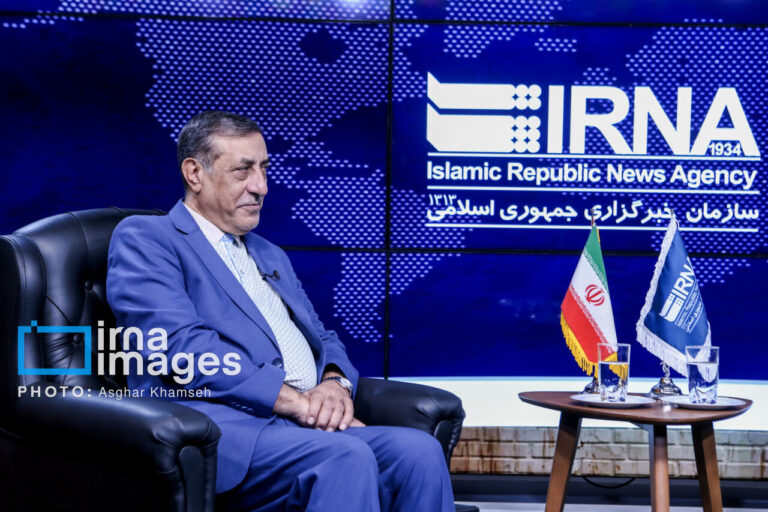
Iran’s Government Pushes for Ratification of FATF Bills: What It Means for Global Finance
Iran’s administration is pushing for the ratification of Financial Action Task Force (FATF) bills to enhance its international financial standing. Vice President Mohammad-Jafar Ghaempanah noted that the bills have been approved by lawmakers, though some parliament members have raised concerns. The Expediency Council will ultimately decide their fate, with President Masoud Pezeshkian confirming that the council will review the bills to help lift banking restrictions. The FATF, established in 1989, aims to combat financial crimes and promote global standards, and Iran’s compliance could significantly impact its economic landscape amid ongoing sanctions.
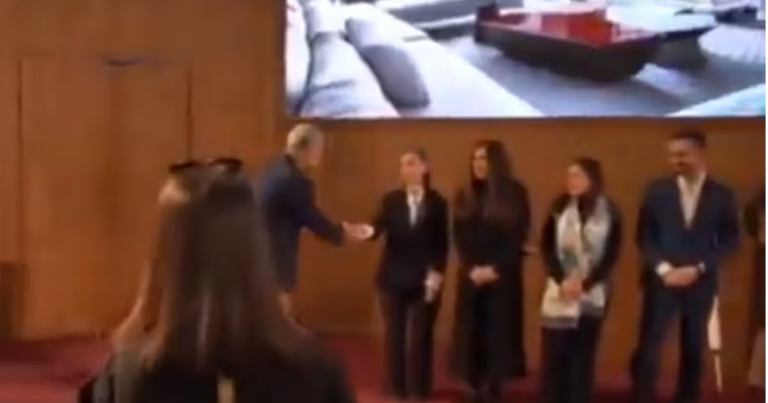
Iranian Authorities Stifle Architecture Awards Amid Hijab Controversy
Iranian authorities have launched legal actions against the organizers, hosts, and attendees of the Iranian Architecture and Interior Design Award ceremony due to women appearing without mandatory hijabs. The event, held on January 20, attracted over 500 participants. Following the ceremony, videos circulated showing women without headscarves, prompting the head of Iran’s Public Security Police to announce “swift and decisive action” against those involved. This incident highlights ongoing tensions over hijab enforcement in Iran, with authorities increasing monitoring and legal measures. The situation reflects broader societal debates on women’s rights and government regulations amid international criticism.
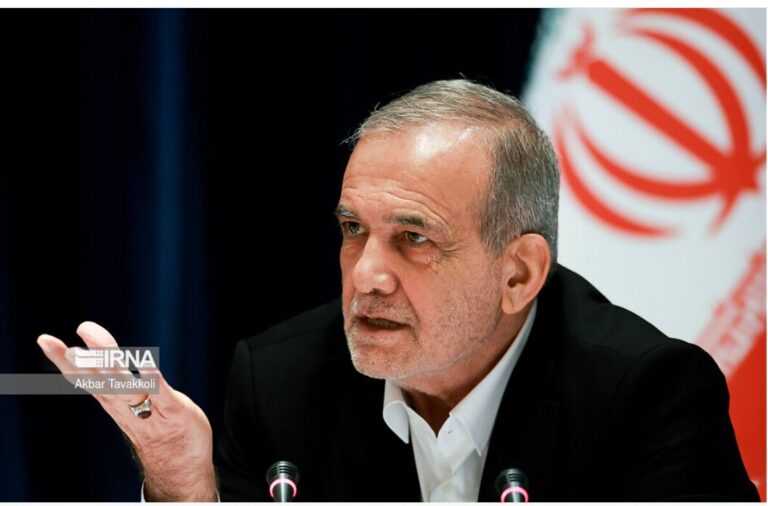
Iran Stands Firm: President Asserts No Retreat from Core Principles in U.S. Negotiations
Iranian President Masoud Pezeshkian affirmed the country’s commitment to its principles in ongoing indirect talks with the U.S. regarding its nuclear program and sanctions relief. In a meeting with Parliament members, he noted that negotiations, led by Foreign Minister Abbas Araqchi and U.S. Special Envoy Steve Witkoff, are taking place in Muscat, Oman. Pezeshkian emphasized that these discussions aim to establish a new agreement to replace the 2015 deal, abandoned by the U.S. under Trump. He reassured that the Iranian government will not link the welfare of its people to these negotiations, underscoring a focus on national sovereignty.